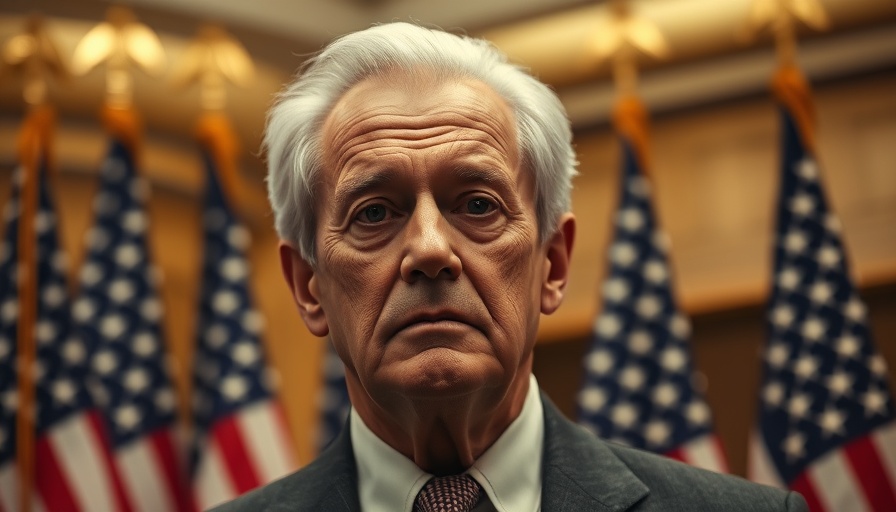
The Vital Role of Oversight in Public Health
As Robert F. Kennedy Jr. prepares to testify before the Senate Finance Committee amidst significant turmoil within the Centers for Disease Control and Prevention (CDC), it's crucial to recognize the implications of his leadership changes. Confidence in public health institutions can wane rapidly, especially when major decisions, such as the firing of CDC Director Susan Monarez, are perceived as politically motivated rather than scientifically grounded. During his testimony, the scrutiny over his administration’s vaccine policies and funding cuts for mRNA technology will be paramount in assessing his fitness for the role.
The Aftermath of Monarez’s Dismissal: A Political Storm
Kennedy’s decision to dismiss Monarez has led to a significant backlash. Many former and current health officials, including nine former CDC Directors, have publicly criticized the administration for what they perceive as reckless reforms. As Kennedy outlines his strategy for restoring trust at the CDC, he could face pointed questions about not only Monarez’s firing but also how he plans to stabilize leadership within the agency, especially with Jim O’Neill currently serving as acting CDC director without a permanent replacement in sight.
A Public Health Crisis or a Leadership Change?
Moreover, with various pharmacy chains already struggling with the FDA’s narrower approval for updated COVID-19 vaccines, the burning question remains whether all Americans will gain access to these crucial vaccinations this year. As major retailers like Walgreens and CVS reassess their roles in vaccine distribution, the political ramifications of Kennedy’s decisions could hinder overall public health outcomes.
The Broader Implications for Health Policy
As Kennedy navigates intense scrutiny and potential fallout from his leadership style, public trust in health policy hangs in the balance. The congressional testimony is more than just a political necessity; it's an opportunity for Kennedy to address nuanced concerns regarding health governance and reform strategies, ensuring an informed and engaged American populace.
In light of these developments, it’s critical for Americans to remain informed about health leadership choices and their long-term impact on public health policy. Keeping abreast of these issues empowers citizens to advocate effectively for transparent, science-based health guidance amid a politically charged landscape.
 Add Row
Add Row  Add
Add 




Write A Comment